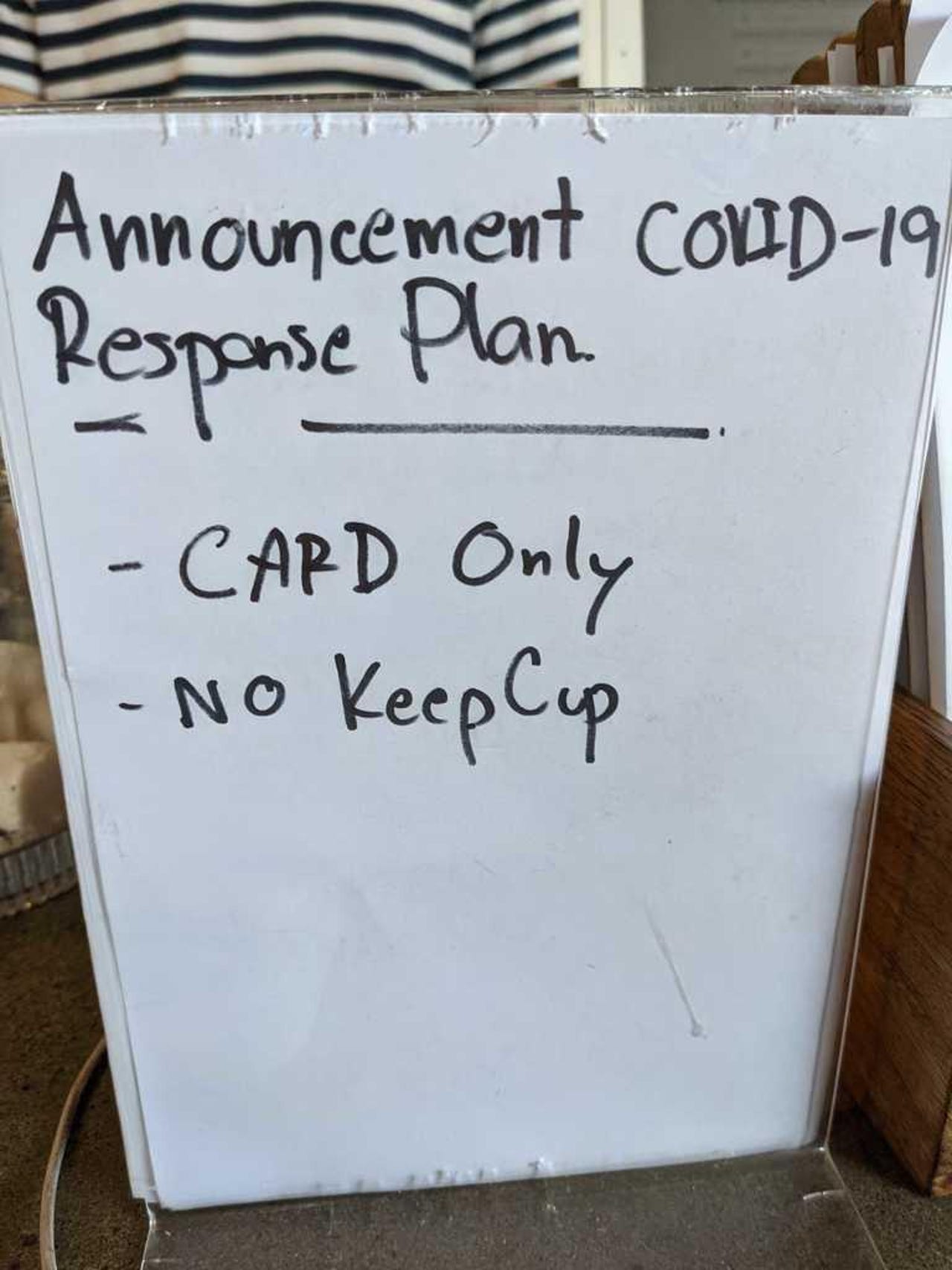Australia's hospitality sector goes contactless to reduce COVID-19 spread

To help contain the spread of COVID-19, Australia's hospitality sector has stepped up efforts to minimise physical contact between staff and patrons by only accepting cashless payments.
Local chicken shop Chargrill Charlies, which has 13 stores in Sydney and one in Melbourne, has announced effective immediately it will only be accepting cashless payments.
The restaurant is also offering customers the chance to pre-order and pay for their meals via the Chargrill Charlie app before heading in-store to pick-up their order. Each store has a designated pick-up area.
"This new addition significantly reduces person-to-person contact and exposure for both Chargrill Charlie's customers and staff," the company said.
Similarly, Melbourne's Made in the Shade group have announced to enhance hygiene practices, its venues -- The Everleigh, Heartbreaker, and Bar Margaux -- will only be accepting contactless payments. The group also plans to reduce venue capacity to account for social distancing, and request for all patrons to wash their hands on arrival.
Joining on the contactless approach is food delivery service Deliveroo, which has rolled out a new feature on its app and website to allow customers and riders to choose contact-free delivery.
This will see riders notify customers they have arrived, place their thermal bag open on the ground outside their door, step back at least one-metre, and wait nearby for the customer to collect the order.
"Customers and riders can request in the app that food is left safely on the doorstep. We remain in daily contact with local health officials to make sure we are offering the safest service possible to customers, riders and restaurants," a Delvieroo spokesperson said.
See also: Shattering myths and misperceptions about biometric debit and credit cards (TechRepublic)
Brisbane-based fine dining restaurant Labart has taken precautions a step further by temporarily closing its restaurant. Instead, the restaurant is offering diners the chance to order take-away meals that will be available for pick-up from the restaurant. The restaurant has set up an online ordering and payment system to minimise physical contact.
"The ordering will all be done online and the food (packaged in brown paper bags) will be placed on the counter for the customer to pick-up so there is no physical contact required," co-owner Karla Munoz Labart told ZDNet.
Sydney-based brewer Wildflower has also taken a similar approach, choosing to close its cellar doors for tasting and tours until 16 April, but still offer patrons the option to make online purchases that can be collected at the brewery.
"We don't wish for our little cellar door to become a vector from where this virus could spread and we have chosen to close our cellar door for tastings and tours from now until after the Easter period," Wildflower owners Topher Boehm and Chris Allen announced on an Instagram post.
Meanwhile, owner of Sydney-based cafes Monstera and Celsius Coffee Co Steve Chrun, said in the meantime, both cafes will continue to accept cash and contactless payments.
"If cash is being handled, we have hand sanitisers available at the counter. If customers are not comfortable with cash payments then [paying by] card is good too," he said.
"We're taking all the necessary precautions to keep our customers and our staff safe. However, at this moment in time, I think fear is far too greater, hence [we've seen] a huge decline in customers."
The precautionary steps taken by Australian restaurants and bars to limit physical contact with patrons follow sweeping orders in places such as Italy, Spain, and parts of the US to either close hospitality establishments, or limit dining options to delivery and take-away.
At the time of writing, there were more than 168,000 confirmed cases of COVID-19 worldwide and 6,610 deaths, according to the World Health Organization.
